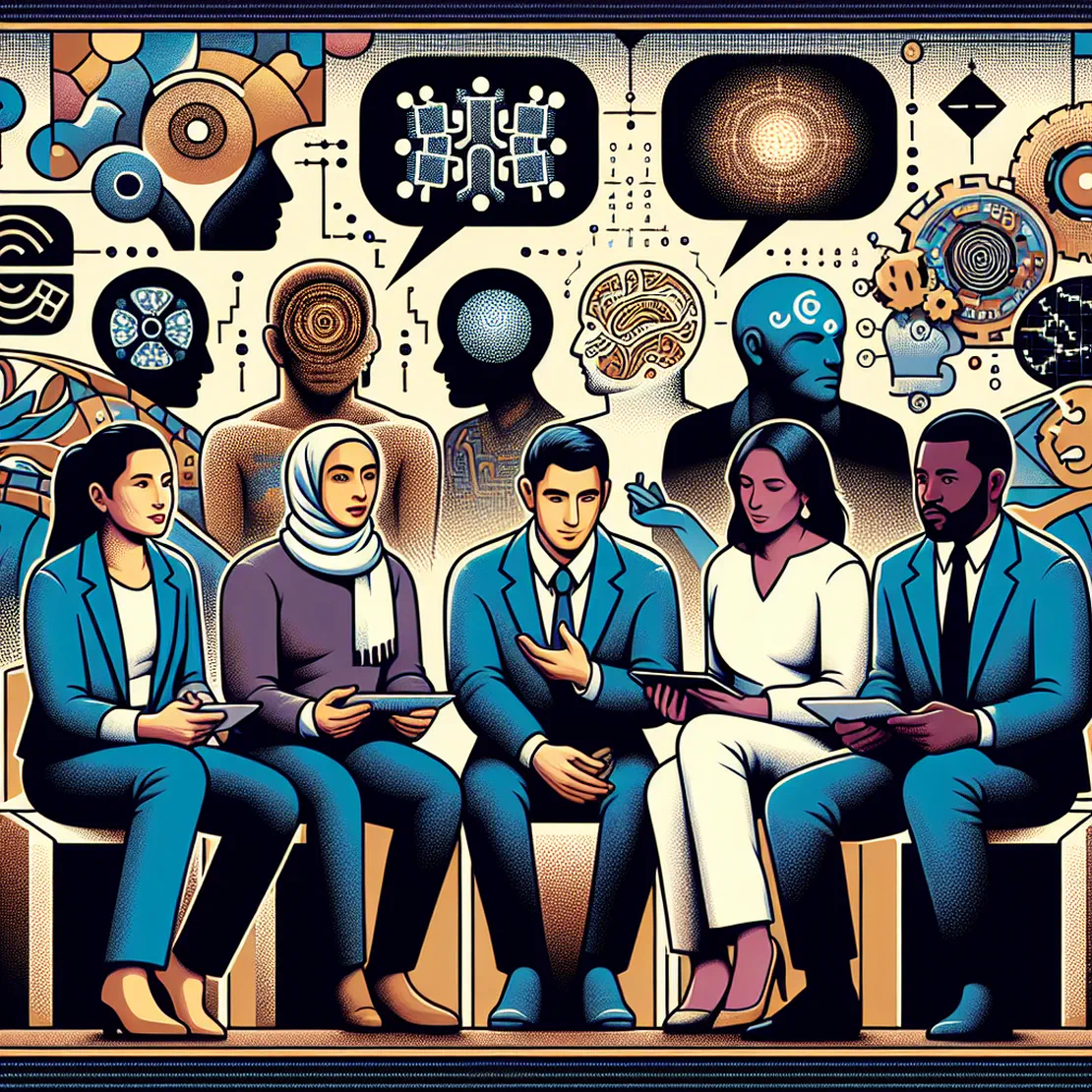
#1055 - Bret Weinstein
- The Joe Rogan Experience
- Technology , Happiness , Evolution , System , Most popular
- December 19, 2017
Table of Contents
At a Glance
-
The Hedonic Treadmill - “That thing that we are pursuing, the well-being that we felt the burst of when we got our first smartphones, that thing can be made to… provide us with a constant sense of well-being and freedom.” - The conversation highlights how technology has conditioned humans to constantly seek out new experiences for happiness, but it doesn’t have to be this way.
-
The Dangers of Pursuing Happiness - “We are not built to be happy. We should be pursuing something else… the spread of our genomes.” The speaker argues that the pursuit of happiness is a byproduct of evolution designed to drive human reproduction, rather than actual well-being.
-
The Futility of Material Possessions - “These advertisements that make every new thing look like… the one that’s going to take me over the top. I’m going to finally reach the promised land.” The conversation critiques how technology is used to promote material possessions and create an illusion of happiness.
-
The Alternative to Hedonic Treadmill - “It is possible to build a system that… understands what a human being is, and that allows us to be fulfilled and utilize our brain capacity for something worthy.” The speaker proposes a new approach to building technology systems that prioritize human fulfillment and well-being.
-
The Need for Awareness - “We are wired to search for those things, but we don’t understand that we are mindlessly pursuing them… even when they are not available.” The conversation emphasizes the importance of understanding how humans interact with technology and making conscious choices about what we pursue.
What to Do
-
Be aware of the hedonic treadmill and its effects on mental well-being - The speaker mentions that humans are wired to pursue opportunities, which can lead to a pursuit of happiness that cannot be reached. This causes harm to oneself due to the constant search for more. Understanding this can help build a civilization that promotes fulfillment rather than chasing an unattainable goal.
-
Focus on creating a stable and non-utopian system - The speaker suggests that it’s possible to create a system where intuitive interactions are healthy, allowing individuals to feel fulfilled and free their minds to think about interesting things. This can be achieved by understanding what a human being is and how they function.
- - Recognize the difference between happiness and fulfillment - The speaker explains that humans are built to pursue growth and opportunities, not happiness. Happiness is often associated with material possessions, which can lead to an endless pursuit of more. Understanding this distinction can help individuals focus on meaningful pursuits rather than mere happiness.
-
Use technology in a way that promotes well-being and fulfillment - The speaker suggests that technology can be used to create a system where individuals feel constant signals of well-being and the liberty to engage in activities that are of consequence. This can lead to a more fulfilling life, rather than one driven by the pursuit of happiness.
-
Prioritize creating a civilization that promotes fulfillment over chasing happiness - The speaker emphasizes the importance of building a civilization that allows individuals to be fulfilled and utilize their brain capacity for meaningful pursuits, rather than constantly pursuing an unattainable goal like happiness.
What to Get
- Not Much Just Learn
Summary
In this thought-provoking podcast episode, the host and guest Brett Weinstein engage in a fascinating conversation about the human condition and our relationship with technology. The discussion centers around the idea that we’re living in a world where our pursuit of happiness and material possessions is driven by a flawed understanding of what it means to be human.
Weinstein argues that humans are not built to be happy, but rather to pursue opportunities and capitalize on them. This mindset has led us to develop remarkable innovations and discoveries, but also causes harm to ourselves when we mindlessly pursue things that may never bring us true fulfillment. He suggests that our pursuit of happiness is actually a byproduct of evolution’s goal to spread our genomes, which can be attached to technology.
Weinstein likens our pursuit of happiness to being on the hedonic treadmill, where we constantly seek new experiences and possessions to feel satisfied, only to become dissatisfied once again. He proposes that we could build a civilization where this cycle is broken, allowing us to utilize our brain capacity for something more worthy.
The guest suggests that it’s possible to create a system that understands what makes humans tick and provides a healthy interaction with technology. This would enable us to feel fulfilled without constantly seeking the next dopamine hit or material possession. Weinstein emphasizes that we should recognize happiness as a carrot on a stick, used by evolution to drive our pursuit of objectives that aren’t necessarily stable well-being.
Weinstein concludes by highlighting the importance of understanding these concepts and applying them to create a better future for ourselves and society. He encourages listeners to imagine a world where technology serves us, rather than controlling us, and invites them to join in this effort.
Overall, this podcast episode offers a thought-provoking exploration of our relationship with technology and the human condition. It challenges listeners to rethink their assumptions about what makes us happy and fulfilled, and proposes alternative ways of approaching these fundamental questions.


